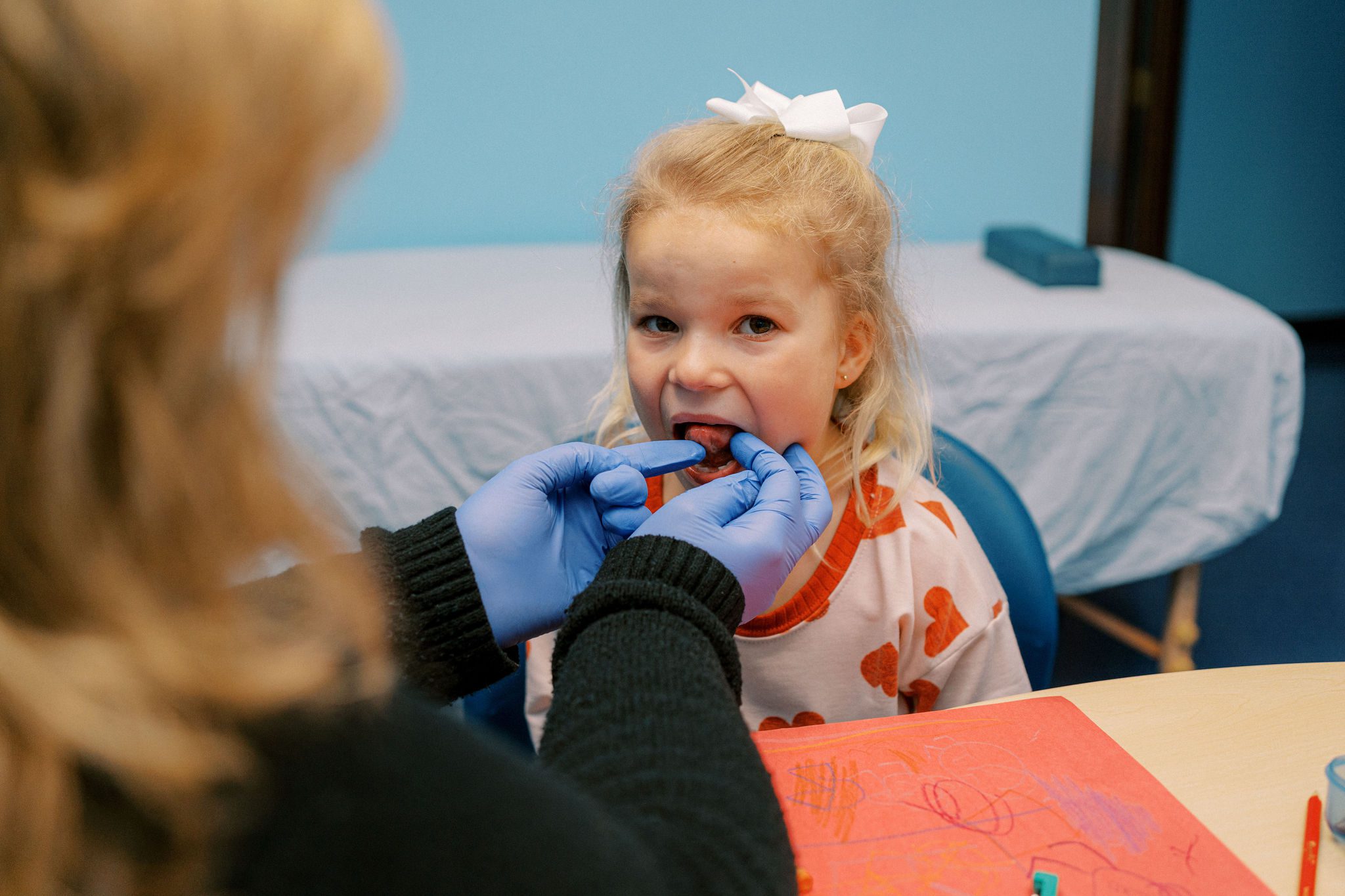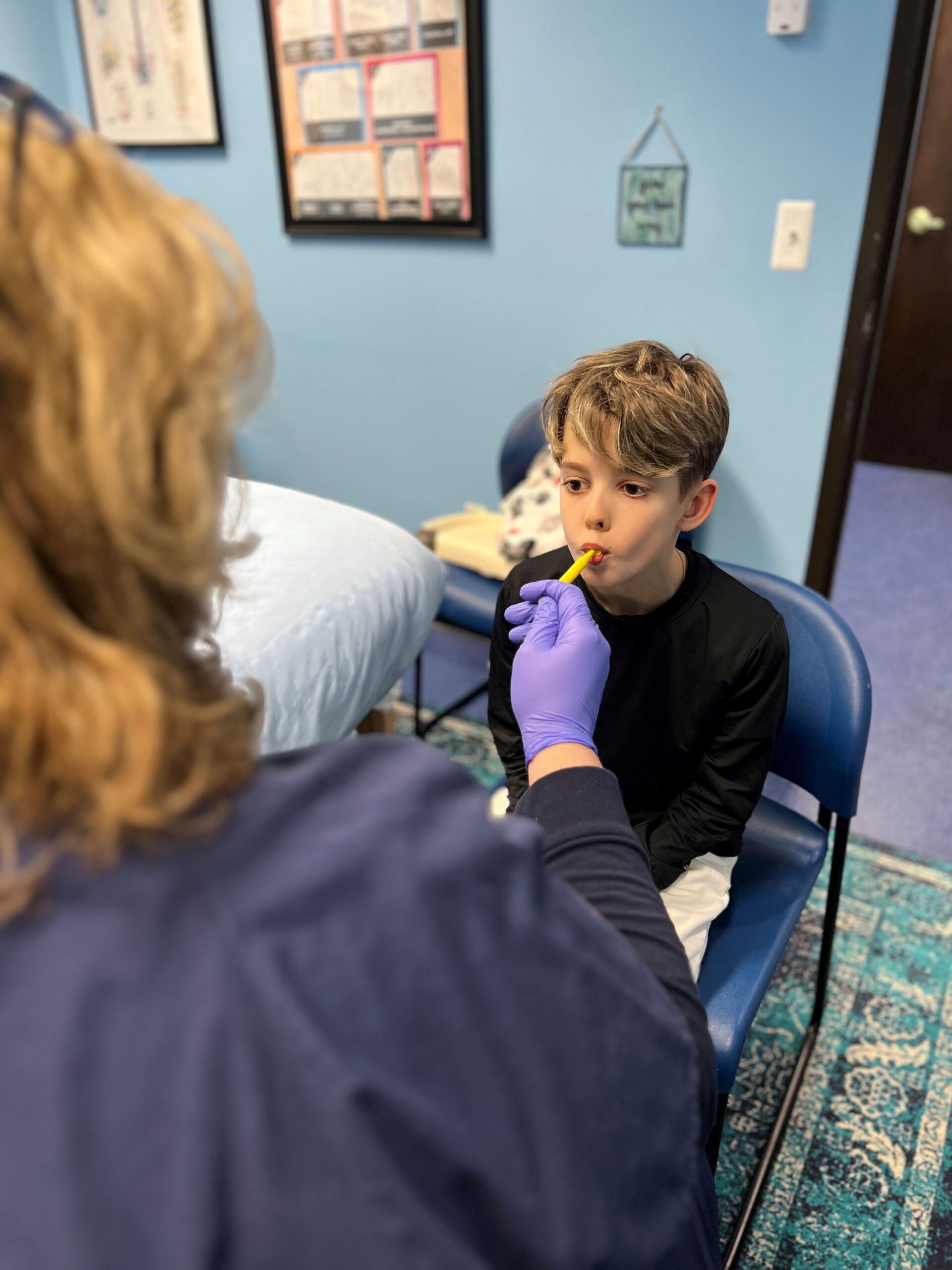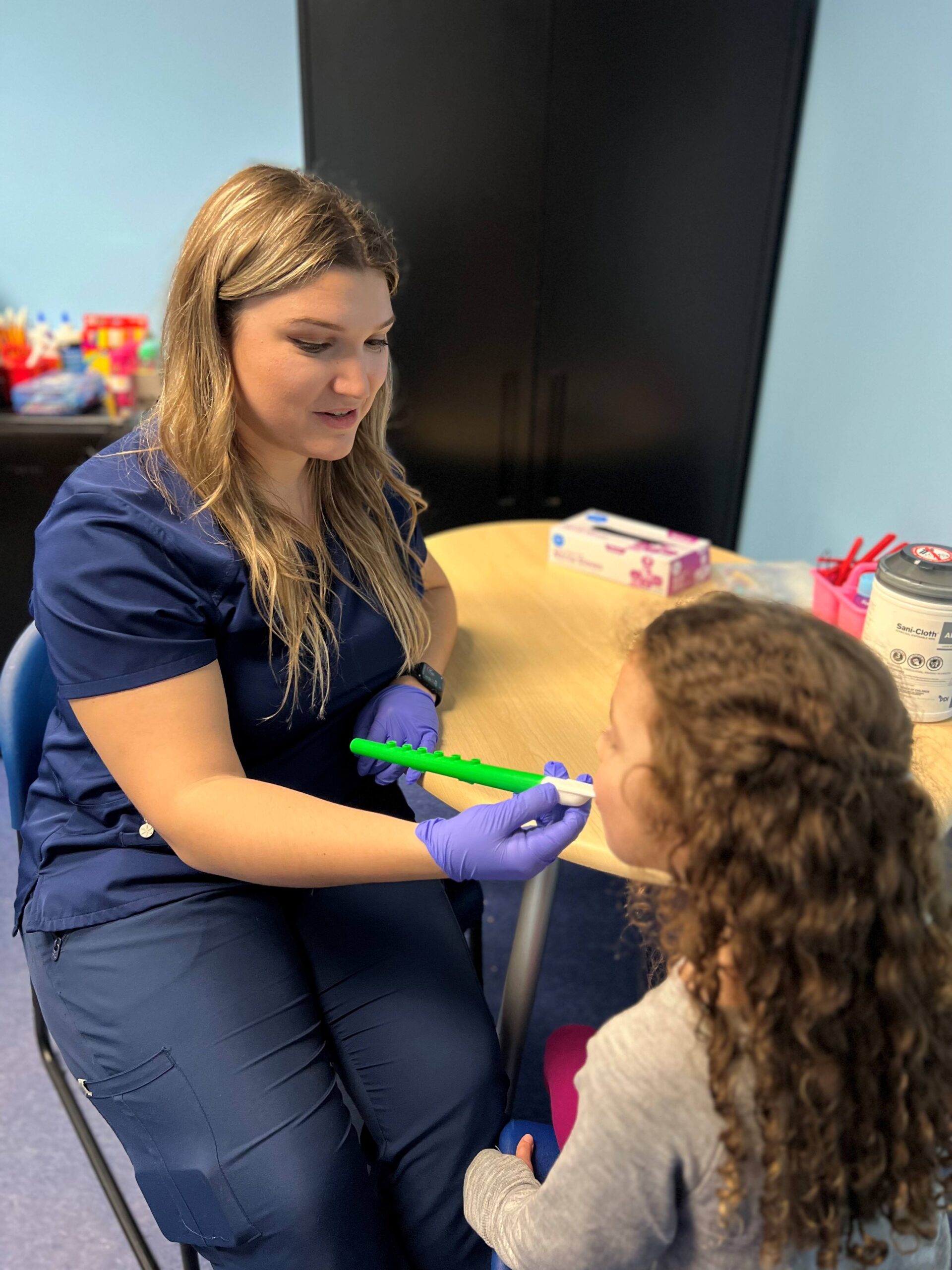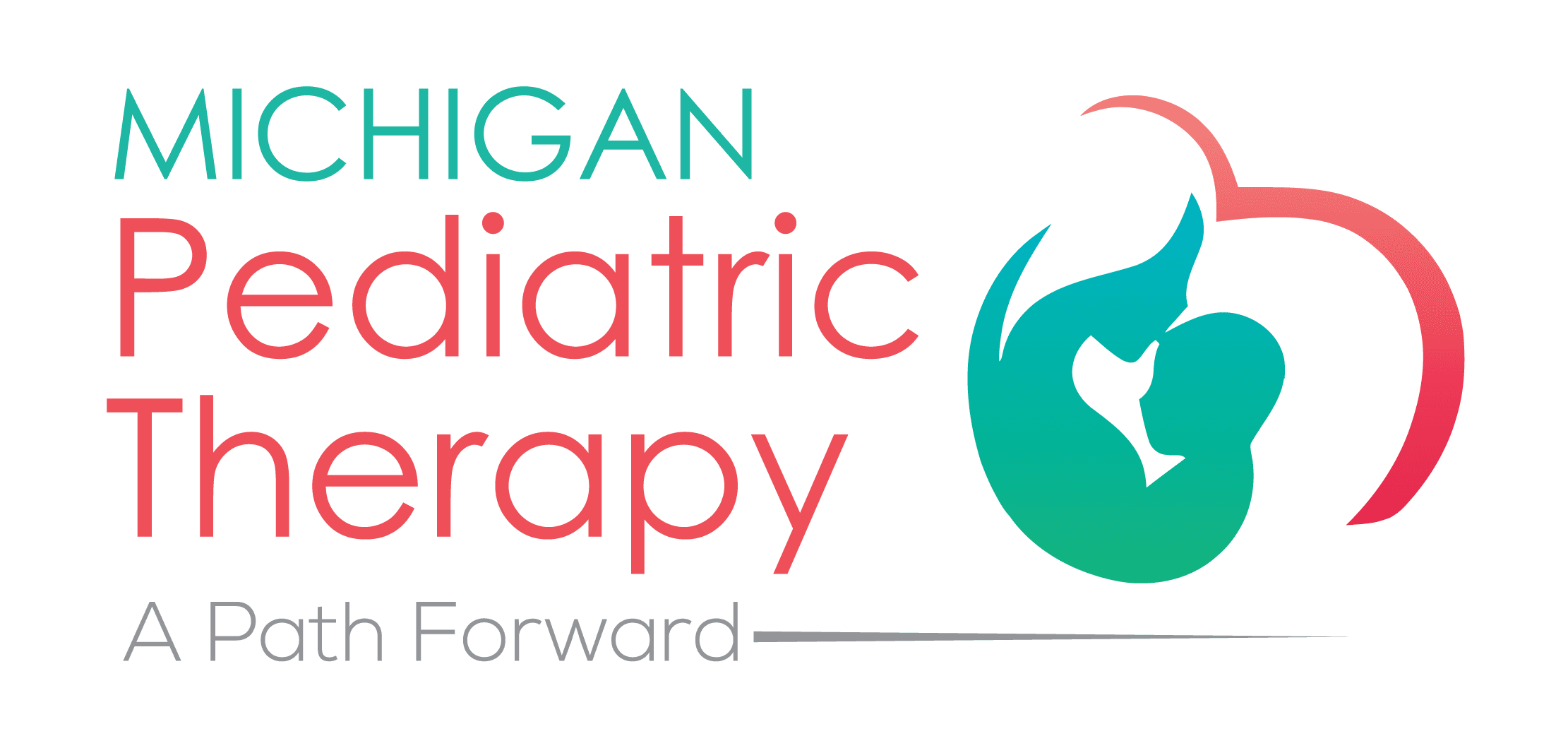As a parent or caregiver, watching your child develop communication skills is one of the most exciting and rewarding experiences. Every giggle, babble, and attempt to communicate reflects growth in their speech and language development. However, for some children, these milestones might not come as easily, and early signs of speech and language delays may begin to surface.
In this blog, we’ll explore the early indicators of speech and language difficulties, how these issues can impact a child’s development, and when you should seek help from a pediatric speech therapist. Understanding these signs early and seeking timely intervention can help your child overcome any hurdles and thrive in their communication skills. Our licensed speech-language pathologists (SLP) at Michigan Pediatric Therapy are here to help!

Why Is Speech and Language Development Important?
What Are the Early Signs of Speech and Language Delays?
Lack of Babbling by 6 to 9 Months
Limited Sound Variety by 12 Months
Not Saying Words by 18 Months
Limited Vocabulary by Age 2
Inability to Follow Simple Instructions
Difficulty Making Eye Contact or Responding to Speech
Not Combining Words by Age 3
Unclear Speech or Difficulty Pronouncing Sounds

Why Early Intervention Matters
If you notice any of the above signs in your child, it’s essential to seek help early. Early intervention is key because young children’s brains are incredibly adaptable, and timely intervention can help them overcome many speech and language challenges. Research shows that the earlier a child receives speech therapy, the better their outcomes in communication and learning.
Delaying intervention may lead to further challenges in social interactions, school performance, and even emotional development. A child who cannot communicate effectively may become frustrated or withdrawn, which can impact their self-esteem and behavior.
If you are concerned about your child’s speech development, talk to their pediatrician and ask for a referral for speech therapy. We’d be happy to setup an evaluation with you today!
What Can Cause Speech and Language Delays?
Hearing Loss
Developmental Disorders
Oral-Motor Issues
Environmental Factors

When Should You Seek Help from a Pediatric Speech Therapist?
The moment you suspect that your child may have a speech or language delay, it’s a good idea to consult with a licensed pediatric speech-language pathologist. Don’t wait until the delay becomes more pronounced. A professional speech therapist, like ours in Farmington Hills, MI, can assess your child’s communication skills and recommend a tailored intervention plan.
Here are some scenarios in which you should consider seeking professional help:
- Your child is not meeting age-appropriate communication milestones.
- You notice a regression in your child’s speech skills.
- Your child gets frustrated or upset when trying to communicate.
- There are concerns from teachers, daycare providers, or other caregivers about your child’s communication abilities.
What to Expect in Speech Therapy
Modeling Speech Sounds
Language Development Activities
Interactive Games
Parent Training

Tips for Parents to Encourage Speech Development
Talk to Your Child Frequently
Read Together
Be Patient and Encourage Communication
Play Interactive Games
Limit Screen Time

Conclusion: Taking Action Early
Speech and language development is a critical aspect of a child’s growth, and recognizing the early signs of delays can make a significant difference in your child’s future. If your child is showing signs of speech or language delay, don’t hesitate to seek help from a pediatric speech therapist. With early intervention, the right strategies, and plenty of support, your child can develop the communication skills they need to succeed in life.
By understanding the early indicators of speech delays and taking action, you are giving your child the best chance to thrive. Remember, you don’t have to navigate this journey alone—consulting with professionals can make all the difference in your child’s speech and language success. The licensed SLPs at Michigan Pediatric Therapy would be honored to help your child on their journey to improved communication!
Michigan Pediatric Therapy
📍 27655 Middlebelt Rd., Suite 130, Farmington Hills, MI 48334
📞 (248) 939-4030
🌐 mipediatrictherapy.com



